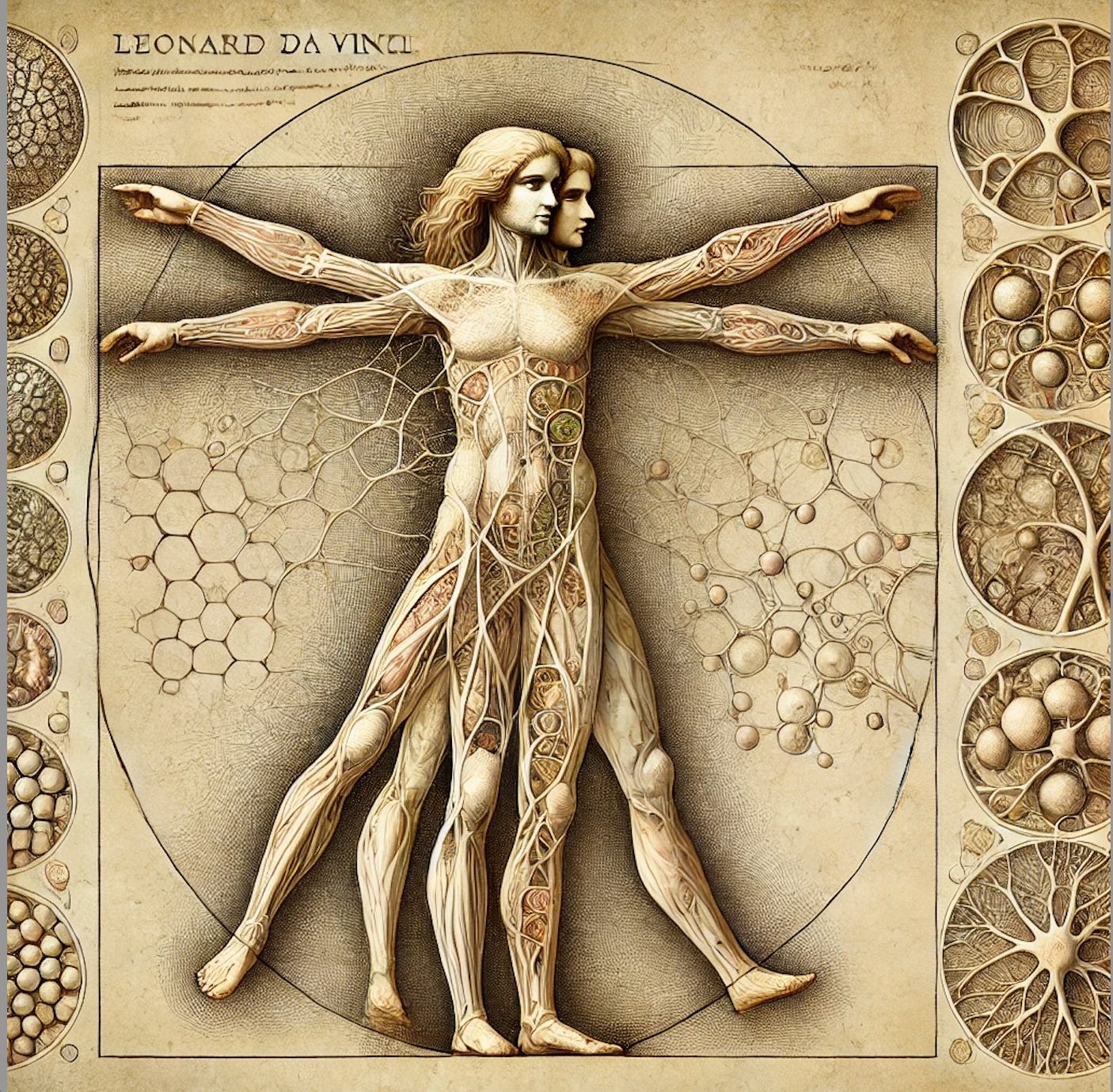The first systems scientist was probably the genius Leonardo da Vinci, whose studies of nature and society showed a remarkable appreciation for their dynamic processes, whether it was the swirling vortices of water and air currents that he drew or his metabolic designs for cities as living organisms, where people, goods, food, water, and waste need to flow unimpeded. As modern-day systems scientist Fritjof Capra noted, reflecting on the theme of his book The Science of Leonardo,
“His science was radically different from the mechanistic science that would emerge 200 years later. It was a science of organic forms, of qualities, of processes of transformation.”
Capra, an Austrian-born American physicist, has done more than most to help articulate, synthesize, and popularize systems science, tracing its fascinating history and teasing out its fundamental principles in his book The Systems View of Life: A Unifying Vision, coauthored with Italian chemist Pier Luigi Luisi.
Besides paying tribute to Leonardo da Vinci, Capra traces the roots of systems thinking to various pioneers, movements, and concepts, such as organismic biology, cybernetics, tektology, general systems theory, synergetics, complexity theory, chaos theory, fractal geometry, autopoiesis, and social systems theory.
Fritjof Capra describes systems thinking as “thinking in terms of connectedness, relationships, patterns, and context.” This is consistent with the root meaning of the word system, from the Greek “to place together.”
I have distilled the fundamentals of living systems into characteristics against which to test our thinking and practices on thriving. The six keys to thriving are:
Complexity - Understanding the many interconnections and patterns of relationship between the parts in living systems
Circularity - Designing in harmony with the inherently cyclical processes that recycle energy and materials in living systems
Creativity - Fostering novelty and innovation by having diversity and flexibility, along with permeable boundaries, in living systems
Coherence - Having alignment with a higher purpose, which typically has to do with the healthy functioning of the larger system
Convergence - Allowing for rapid emergence of new behaviours and organisational states due to changes that reinforce one another
Continuity - Ensuring the ongoing survival of the system through various forms of self-perpetuation or reproduction
From Thriving: The Breakthrough Movement to Regenerate Nature, Society and the Economy



